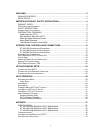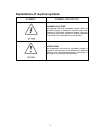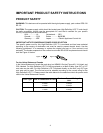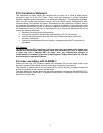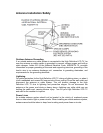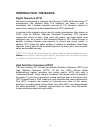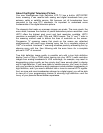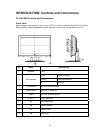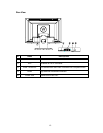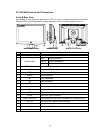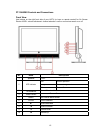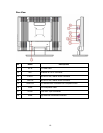9
About the Digital Television Picture
Your new Westinghouse High Definition LCD TV has a built-in HDTV/NTSC
tuner, meaning it can receive both analog and digital broadcasts from your
antenna, cable or satellite service. But because not all broadcasters have
converted to the new DTV standards, it’s important to understand some
fundamentals of the digital television picture.
The elements that make up onscreen images are pixels. The more pixels, the
more detail, because the number of pixels determines picture resolution—and
HDTV offers the highest pixel count and best resolution available. HDTV
resolution is available in both 720p and 1080i formats. The "p" and "i" refer to
the scanning method used to deliver the lines of resolution on the screen.
Progressive "p" scanning means that pixels on the screen are refreshed
simultaneously, with each scan showing every line for a complete picture at
1/60
th
of a second. Interlaced "i" scanning refreshes pixels by alternating first, by
showing every odd line, then following with the even lines—for a complete
picture at 1/30
th
of a second.
True high definition image quality is possible only with a true high definition
display—and a 720p or 1080i signal coming into your HDTV. Lower resolution
images from analog broadcasts or VHS recordings, for example, may result in
disappointing picture quality as they simply don’t have enough detail to display
well in high-definition. If you have cable or satellite service, you’ll want to check
with your provider to determine which packages include stations broadcasting in
high definition, and if you need a different box or tuner to receive HDTV signals.
And, as more and more broadcasters change to a digital signal, you will be able
to view all of your programming choices in stunning high definition—and the
luxury of your personal home theater experience.



